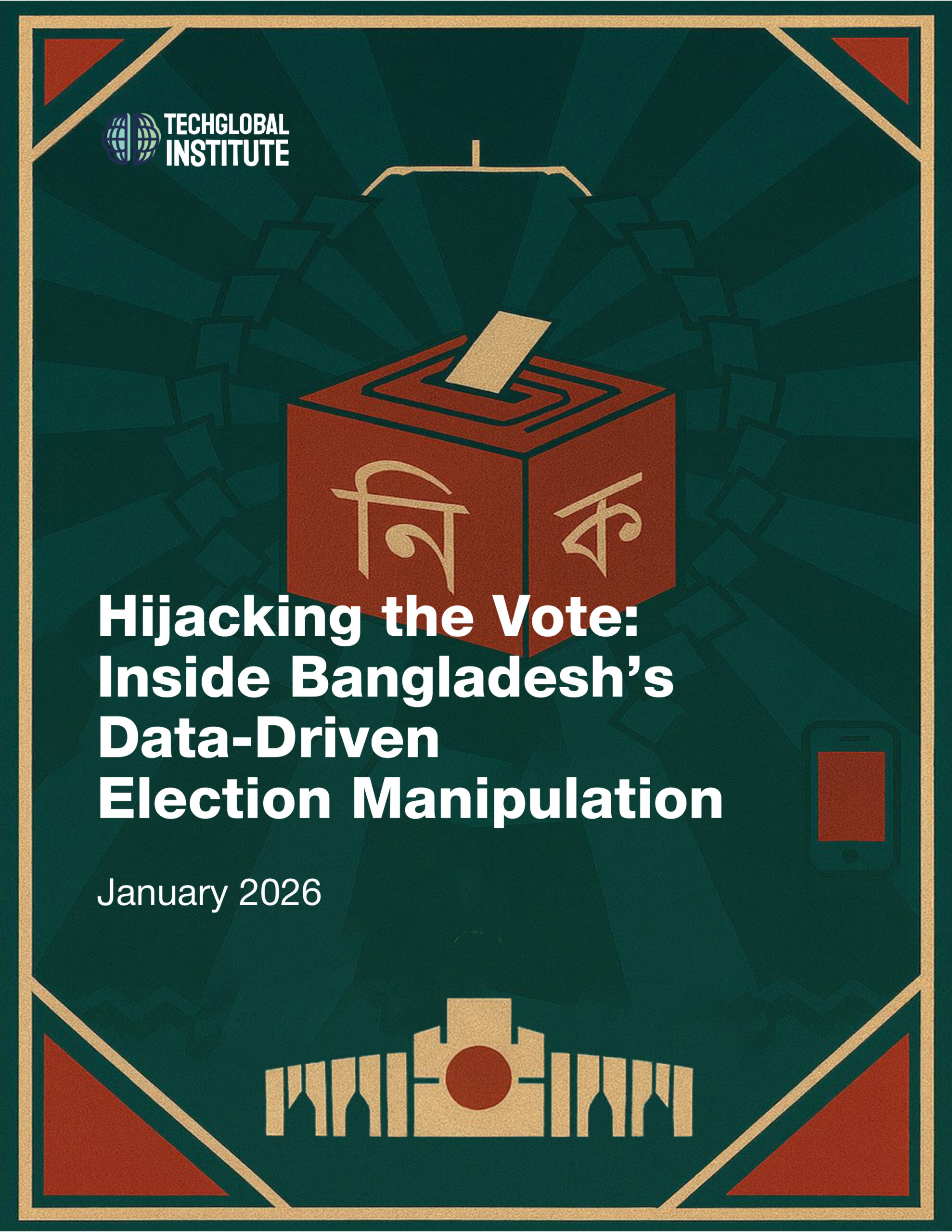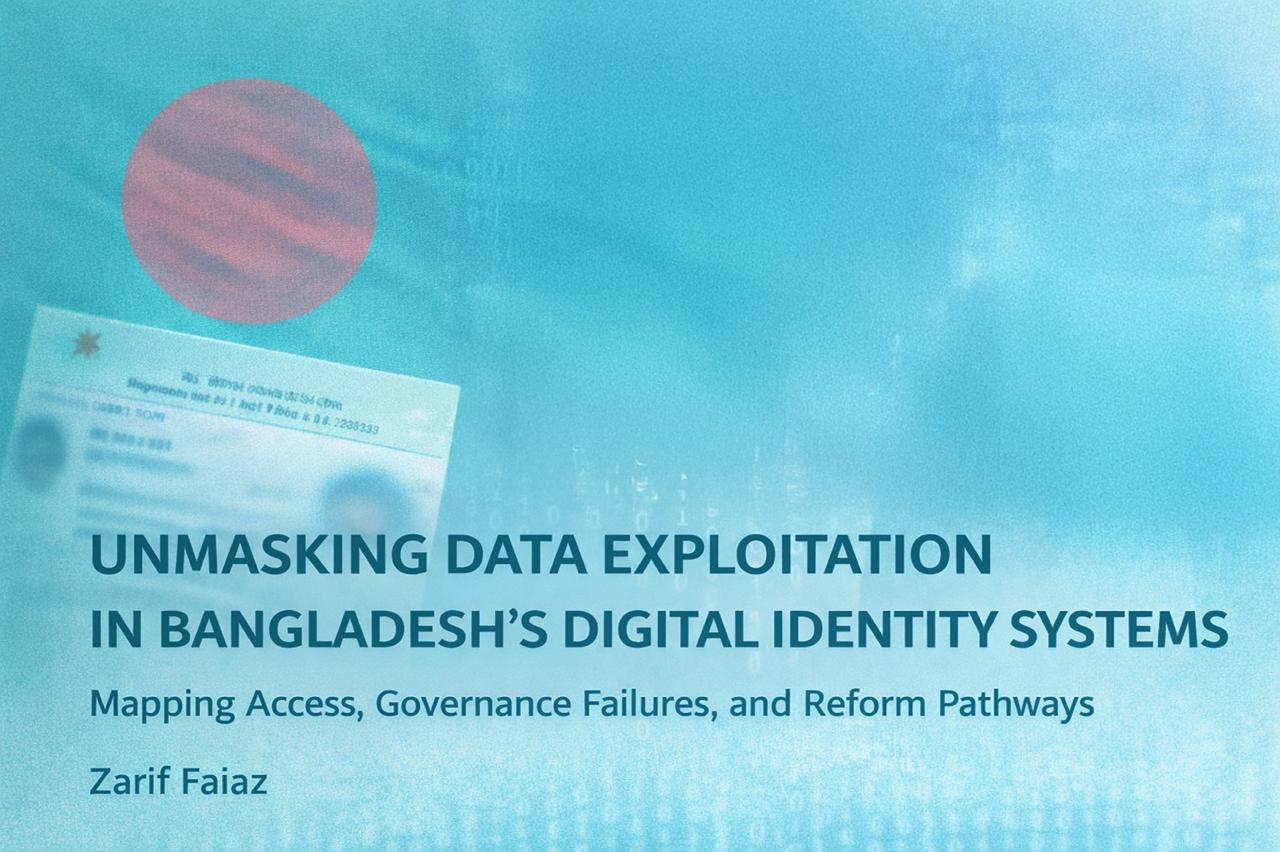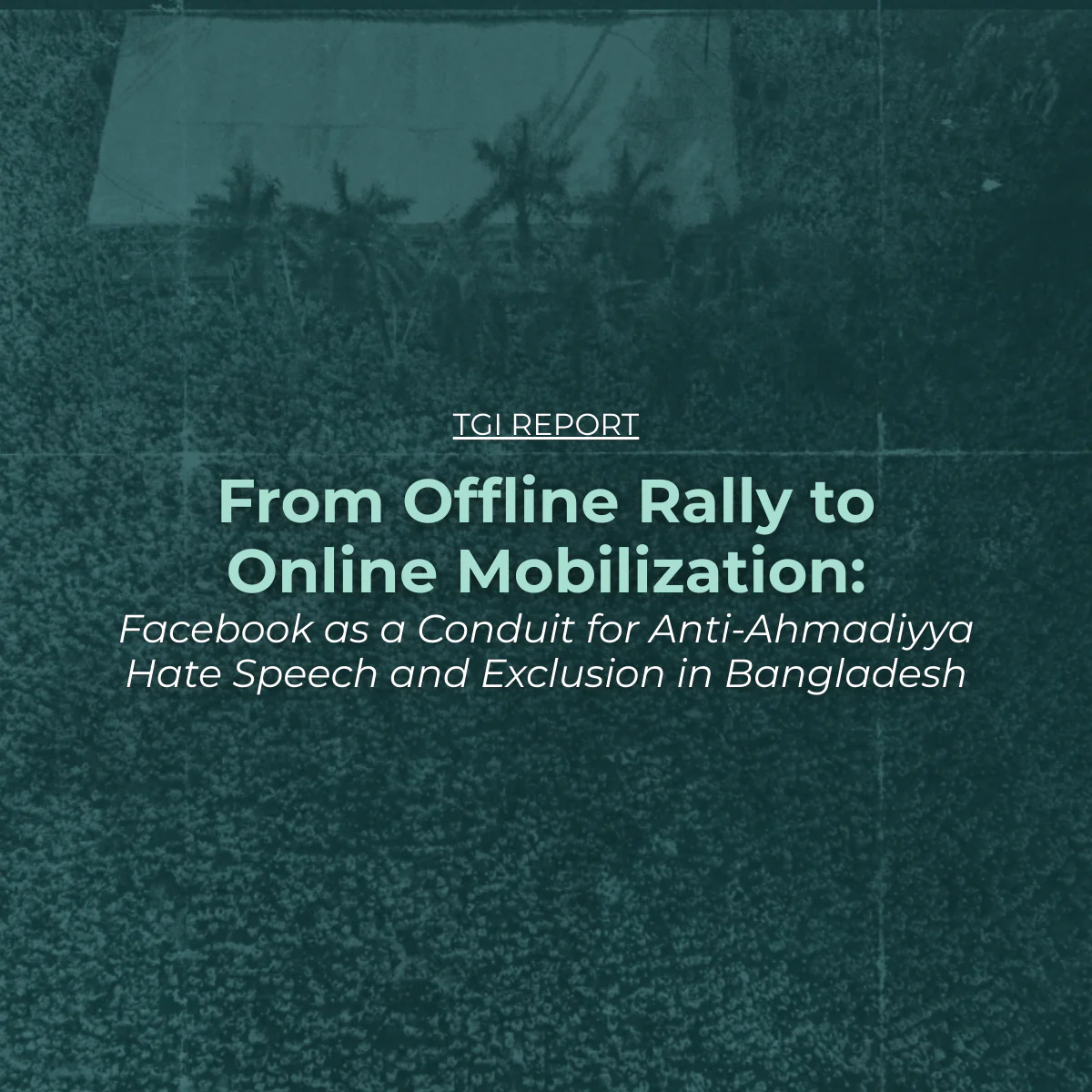We analyzed nearly half a million posts shared across 14.4 million followers, resulting in 97.5 million interactions, to understand how political parties leverage interconnected networks to disseminate their messages in preparation of Bangladesh’s national election, slated for January 2024.
In a nutshell, we find supporters of both political parties tend to use Facebook Groups, among other mediums, to organize and mobilize support. Facebook Pages are used to engage the public and influence opinion. Our final dataset consists of 660 Pages and Groups that we studied to uncover the patterns, engagement, and content behaviors of their members and supporters — one of the first reports of its kind in the context of Bangladesh, to our knowledge.
You can visit our interactive site to read the full report and engage with the data.
Impact on Online Constituencies
Our analysis of the two leading political parties in Bangladesh indicate that they use an interconnected web of Pages, Groups and Profiles (verified, public and individual) to establish their messaging. There is some evidence of coordination among these mediums by both parties with the intent to compete against each other in ‘flooding’ people’s newsfeeds. Based on how the Pages, Groups and Profiles are organized, we find that Awami League has a more centralized (where bulk of the content is driven by a very small number of mediums) dissemination strategy relative to the BNP. The latter tends to have a more decentralized approach, likely driven organically by their supporters.
Additionally, the analysis shows that BNP cumulatively shares a higher volume of content, and subsequently, attracts more reach and engagement. However, this does not necessarily mean that the Awami League is lagging behind. Contrarily, we find the Awami League leverages a more sophisticated network of Pages, Groups and Profiles that do not bear the party’s name. Limitations around the safe access of privacy-preserving Facebook data make it a challenge to rigorously assess the expansive nature of Awami League’s online presence.
Considerations for Platforms
Our investigation raises several critical questions on political engagement on social media platforms and expectations around transparency. Many of the largest platforms provide some degree of transparency on political advertisements, including disclosing to the public on who paid for the ads and archiving relevant information on their ad library. Meta’s Ad Library provides information on spend, reach and source of funding, as well as whether the ads are visible or active for up to 7 years.
A key consideration for platforms is whether there needs to be comparable transparency for organic partisan content. Our analysis of political parties in Bangladesh using Pages and Groups outside of their verified and named accounts reveals three risk vectors:
- Online constituencies do not know whether a Page or Group bearing the party’s name is formally affiliated with a political party — operated professionally by an official member or paid by the party.
- Partisan content is often shared by unassuming Groups and Pages that do not bear the party’s name or disclose their association. Group or Page names can, hypothetically, include Good Morning Bangladesh or Our Dhaka. They typically tend to be partisan actors that are misleading users about the fact that they are partisan and sharing hyperpartisan content.
- There are no discernible factors to determine what constitutes “authoritative information” coming from a political party, which in turn, increases the likelihood of amplification of misinformation.
The aforementioned combination exacerbates risks of a sophisticated influence operation that is widely disseminating organic hyperpartisan content and swaying public opinion. Although Meta requires Pages and Groups to categorically disclose whether they are affiliated with a political party or not (“political organization”), the policies are not sufficiently nuanced to differentiate between affiliation (member of the party or a paid operator) and support. Further, enforcement of existing policies on Group and Page categories is inconsistent. People can follow a Page or join a Group without knowing its partisan affiliation, especially when the political party chooses to disseminate their messages through non-partisan names.
This leads to two considerations for social media platforms. First, a Group, Page or verified Profile sharing partisan content organically should provide some transparency about their association with the party, especially if they do not categorically bear the party’s name. Second, a Page or Group bearing a political party’s name should go through verification to reduce risks of impersonation and misrepresentation. Although anti-impersonation policies are widely prevalent across platforms, we suggest additional scrutiny and user support when it involves a political party, given higher risks to influence civic participation in low literacy environments.



